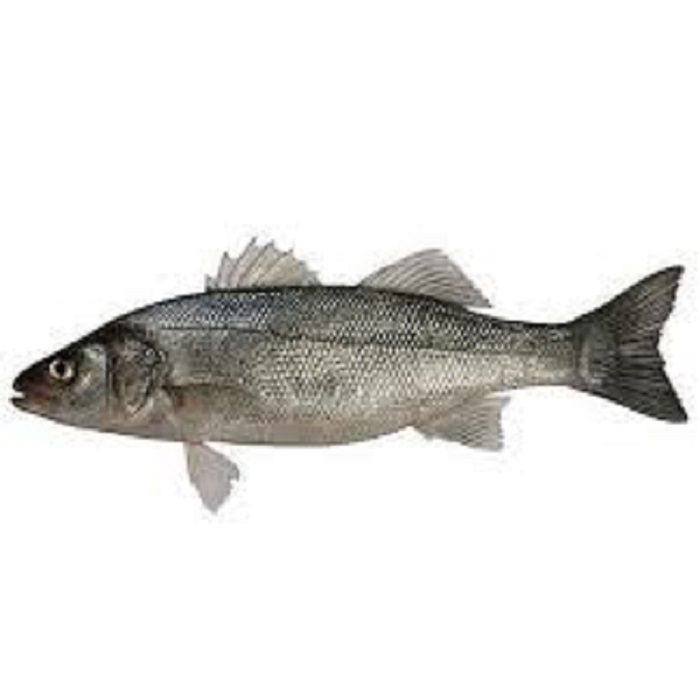A consensus seems to be emerging that bass could be excluded from the landings obligation when it comes fully into force on 1st January. The exclusion of the species hinges on an interpretation of the “catch limits” which currently apply to bass. On the face of it, bass should be included in the landings obligation because a range of catch limits apply to different gears in which bass are caught; and the wording in article 15 of the CFP basic regulation which gives force to the discard ban does indeed refer to “catch limits.”
Driven, no doubt, by the realisation of the public outcry that would follow photogenic and valuable bass destined for fishmeal, member states and the Commission are looking hard at ways of avoiding this PR catastrophe.
The emerging view seems to be that because the emergency measures introduced in 2016 comprise a prohibition, followed by a number of derogations/exemptions from that prohibition for a number of gear categories in which bass is caught as an unavoidable bycatch, the catch limits applied to bass are legally of a different order from the catch limits defined in the CFP basic regulation. This interpretation would allow the Commission and ministers to swerve the multiple problems which would arise by the inclusion of bass under the discard ban.
Apart from a PR disaster, these problems would include:
- As bass is subject to catch limits rather than quota limits, member states do not have recourse to a range of flexibilities provided in the regulation designed to ease the implementation of the landing obligation
- The bycatch rules for bass which are based on catch compositions would have to be revamped because they are incompatible with the landing obligation (vessels having caught bass over their permitted limits would be both prohibited from discarding and from retaining bass)
- Irish national legislation which bans the landing of bass from commercial fishing vessels would become inoperable because vessels would be required to both discard and retain bass caught as an unavoidable bycatch
Although to outsiders this solution seems to hinge on a rather arcane interpretation of the rules, it would allow some common sense to prevail and to avoid one of the knottiest problems associated with the implementation of this blunt and poorly thought-through legislation.
Of course, this still leaves us with a problem of discards of bass caught as unavoidable catch in a number of commercial fisheries. The advisory councils are preparing advice which, if adopted, would at least reduce the level of bass discards to a minimum by providing greater flexibility for boats to land bass that they cannot avoid catching. The trick here is to maximise flexibility whilst avoiding creating an incentive to target the species.
Science
Overall, the picture on the bass stocks looks much brighter, although bringing the biomass up to optimal levels is likely to be a long haul, dependent largely on incoming recruitments. The science has been updated and re-evaluated and shows a dramatic fall in fishing pressure, which is to be expected from the ban on the two main fisheries targeting bass (the pair-trawl and drift net fisheries). The Commission and member states are unlikely to take the brakes off any time soon but the scientists this year have recommended a small catch of bass rather than a zero catch and that is certainly progress.
Council
In the meantime, if the options being discussed are taken up by the Commission and member states, the worst consequences of applying the landings obligation to bass will be avoided. We will have to wait until we see the Commission’s TAC and Quota proposal in late October, and then the decisions taken at December Council, before we know whether this pragmatic approach has been adopted.

